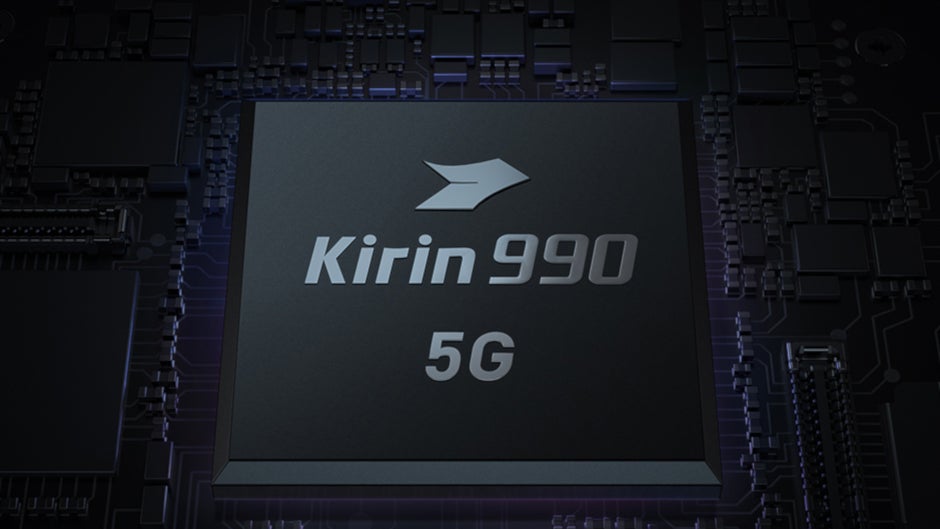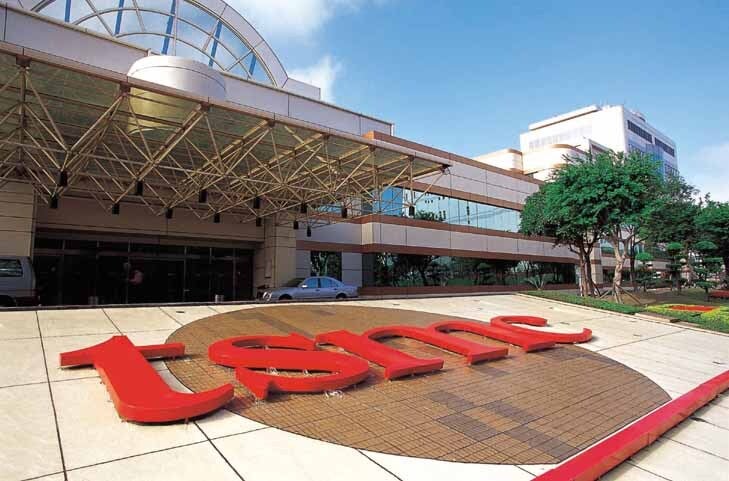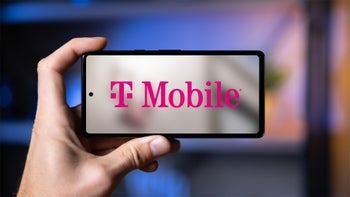Trump administration fires a near fatal blast at Huawei

Today, on the anniversary of Huawei's inclusion on the U.S. Commerce Department's Entity List preventing the company from accessing its U.S. supply chain, the other shoe dropped. CNBC reports today that the Trump administration is blocking the shipments of chips to Huawei from foundries around the world. Most tech firms like Apple, Qualcomm, and MediaTek design their own chips but do not have the facilities to produce them. That is where foundries like TSMC come in; the latter manufacturers chips like the A13 Bionic for Apple, the Kirin 990 for Huawei, and the Snapdragon 865 Mobile Platform for Qualcomm.
TSMC will need a special license from the U.S. to ship product to Huawei
The Commerce Department said today that it is changing an export rule to "strategically target Huawei’s acquisition of semiconductors that are the direct product of certain U.S. software and technology." The department adds that today's "announcement cuts off Huawei’s efforts to undermine U.S. export controls." Huawei has been moving production of some chips to SMIC, China's largest foundry. However, at 14nm SMIC is several process nodes behind TSMC's 5nm process node. That is the difference between packing a chip with approximately 44 million chips per square mm and 171.3 million per square mm. Huawei is using SMIC's production capabilities to produce the Kirin 710A chipset for mid-range phones.

TSMC will no longer be allowed to ship chips to Huawei without a special license from the U.S.
Meanwhile, TSMC was supposed to ship to Huawei the first 5nm Kirin chip later this year. That component was expected to power the upcoming Mate 40 series, Huawei's most technologically advanced phones for the year. Under the rule change, foreign foundries using chip-making equipment sourced from the U.S. will be forced to obtain a license from the U.S. before they ship chips to Huawei or its HiSilicon subsidiary. Commerce Secretary Wilbur Ross said that the rule change will "prevent U.S. technologies from enabling malign activities contrary to U.S. national security and foreign policy interests." Ross claims that Huawei and its affiliates "have stepped-up efforts to undermine these national security-based restrictions." The U.S. will allow wafers already in production to be delivered to Huawei as long as the shipments are made no later than 120 days from today.
Because it is on the U.S. Entity List, Huawei is not allowed to use Google Mobile Services for its phones. That means that Huawei's handsets cannot run apps like the Google Play Store, Gmail, Google Maps, Google Search, Drive, and more. This is no big deal inside China where most Google apps are banned anyway. But it has affected the sales of Huawei devices outside of China. Despite the ban, Huawei was able to ship 240 million handsets last year for a 17% annual gain. The company trails Samsung but did manage to surpass Apple's iPhone shipments last year. This could not please U.S. President Donald Trump, especially when there were signs that Huawei was able to purchase key American supplies off-shore.
Huawei is also the top supplier of networking equipment in the world. The U.S. has repeatedly asked its allies not to allow Huawei's gear to be used in their 5G networks. However, Huawei is said to be years ahead of its rivals in terms of technology and also offers clients outstanding financing terms due to its ties with the Bank of China. President Trump earlier this week extended for a year a ban against the use of networking equipment made by companies considered a national security threat in the states. Besides Huawei, that directive is also aimed at fellow Chinese manufacturer ZTE. The U.S. considers both firms to be national security threats because of their alleged ties to the Communist Chinese government. However, several rural telecom companies in the U.S. have been using Huawei networking equipment under a temporary license that was to expire today. The Commerce Department has extended the expiration of the temporary license to August 13th and warned that this would be the last time that it will extend the license's expiration date.
Follow us on Google News














Things that are NOT allowed:
To help keep our community safe and free from spam, we apply temporary limits to newly created accounts: